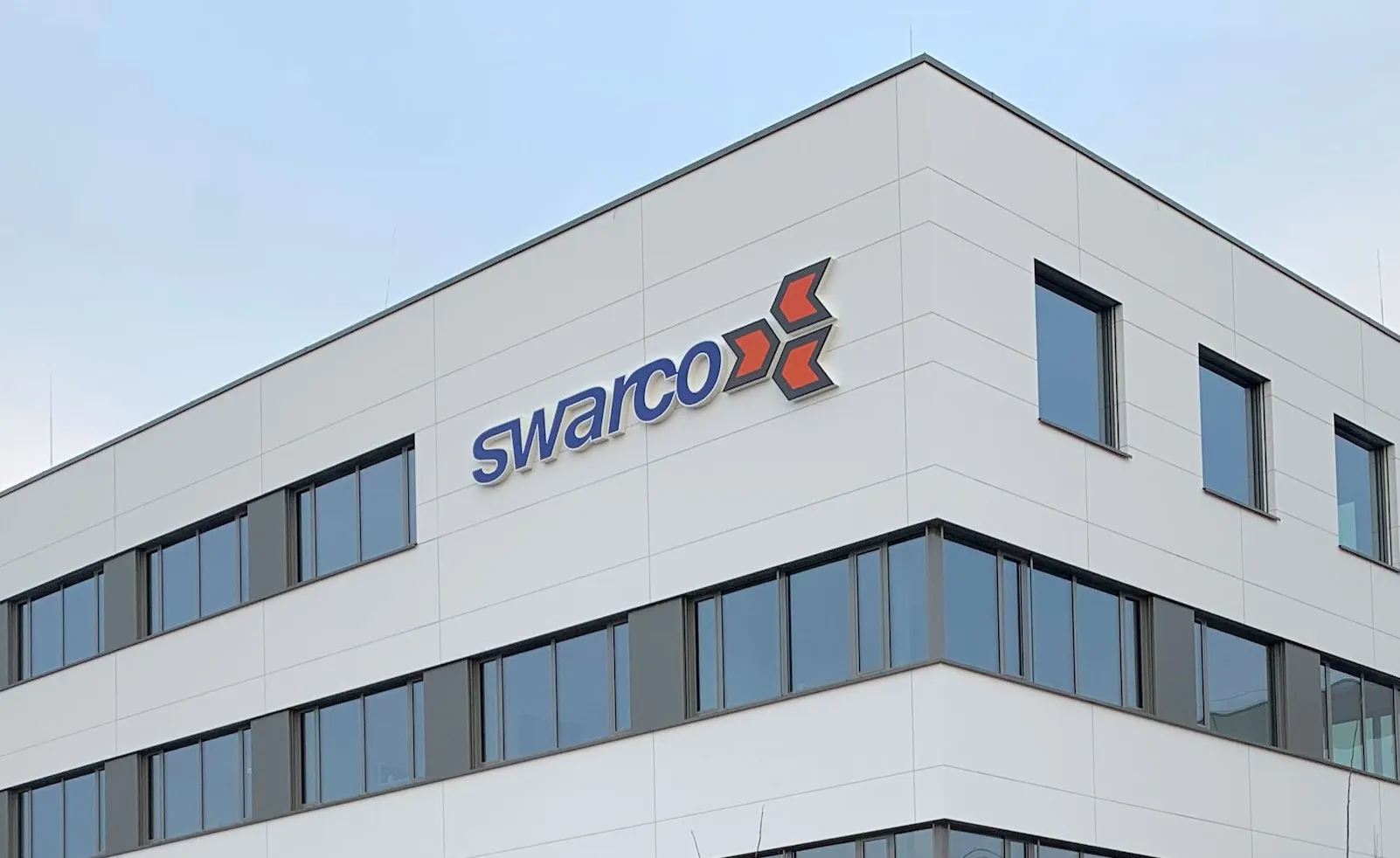
Dynniq Mobility is being rebranded as Swarco following the Austria-based group's acquisition of the company last year.
In a statement, Swarco said: "To establish a common feeling, both internally as well as externally, the company has decided to move towards a joint Swarco organisation with a unified identity as quickly as possible."
Swarco CEO Michael Schuch said the intention had always been to promote the umbrella brand following the buy.
“By leveraging the power of the strong Swarco family brand, we want to strengthen our identity and culture and offer our business relations added value," he said.
"Merging Dynniq Mobility with Swarco will help us use the joint capabilities, intensify research and development, and come up with the best-in-class solutions portfolio in urban and interurban mobility management.”
In Denmark, Sweden and Finland, Dynniq staff moved into joint offices at the local Swarco premises, while in Belgium, Poland and Croatia, Dynniq’s legal entities have been renamed - with the Netherlands and UK following "in due course".
Dynniq Mobility CEO Jan Vos says adding Dynniq’s Scoot to Swarco's MyCity platform enables "new end-to-end solutions to new and existing customers worldwide".










